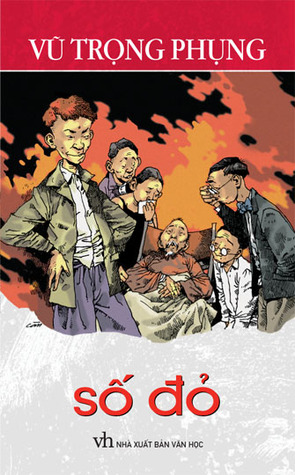Written By: Aayushi Agarwal
Throughout history, literature has always been used as a tool for social commentary. Dumb Luck is one example of such a piece of literature, which was even banned in Vietnam for its content from 1960 to 1986. Written by Vietnamese author Vu Trong Phung in 1936, it explores Vietnam in the 1930s, when it was still a French colony. The book explores contemporary socio-economic dynamics, and how they were reinforced by colonial standards.

The satirical novel follows the life of Red-Haired Xuan, an uncouth man living in poverty who quickly rises to the top of society to become revered as the poster child of the Europeanization movement in Vietnam. As his reputation grows at a meteoric rate, Xuan comes across a milieu of characters like Mr. and Mrs. Civilization, caricatures representing a variety of social classes and roles. With his street smarts and “dumb luck,” he eventually ends up becoming not only a member of the upper-class elite, but also a government-recognized and awarded national hero.
Dumb Luck shows how Europeanization pervaded various aspects of everyday life in Hanoi in the 1930s, being represented through sports, clothing, medicine, and language, among others. Colonists are depicted in a favorable light, and there is a negligent amount of resistance. The upper class of Vietnamese society seems to associate themselves with the French, considering the colonial influences as “civilizing,” setting them apart from the “backward” traditional culture.

Civilization and modernity are themes that often come up in the novel. The French established a standard of living, simultaneously alienating and familiarizing different sections of Vietnamese society. For example, there is a scene in which characters talk about the “good old days” when people did not obey the laws, a conversation that frames civilization as something that was inaccessible in the past. The book highlights the hypocrisy of the Europeanization movement in Hanoi and suggests that “modernization” had maybe not been completely indoctrinated in society as assumed.
Through the journey of Red-Haired Xuan, the reader is able to get a clear view of what it was like to live in Hanoi at the time. Dumb Luck touches upon a lot of aspects of late colonialism and its impact on 1930s Indochina, by effectively satirizing and criticizing their notion of modernization and civilization.

